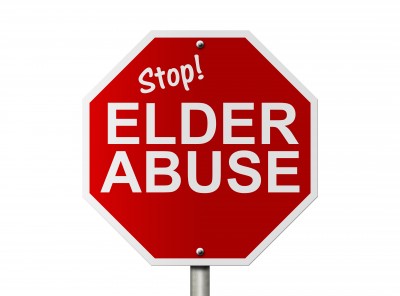
Posts about:
Senior Care Professionals (7)

Broken Heart Syndrome: Another Effect of the COVID-19 Pandemic
As if life could not get worse. A recent study suggests more people are suffering with stress cardiomyopathy during this COVID-19 pandemic. Stress cardiomyopathy is also called broken heart syndrome.
The Art of Caregiving: Going at the Right Pace
Caregiving has been defined as the willingness to go at another person’s pace. Just like a pace car in auto racing, there is the person who sets the pace in caring, and the person who follows along. The pace car in racing sets the tempo of the other cars before the race officially begins. The person setting the pace in caregiving can be the care receiver or the caregiver. Ideally, a care receiver with dementia should set the pace, with the caregiver following.
Persevering During the Ongoing COVID-19 Triathlon
The sustained presence of COVID-19, including the fluctuating easing and reinstating of restrictions, makes it difficult to feel hopeful. As a result, it is critical to identify ways to support our mental and physical wellbeing. It will help us as we work to keep persevering.
Nursing Assistants: The Backbone of Care and Heart of Compassion
June 18 through June 24 is National Nursing Assistants Week. The week honors and recognizes the hard work and effort direct care workers perform in caring for older adults.
Creating Feelings of Belonging Through Touch
Several months ago, pre-COVID 19, I took a dance class. There were only about 8 or 10 women in the class. For the most part, we did not know each other. Although I have no identifiable dancing skills, I had the feeling of belonging there.

